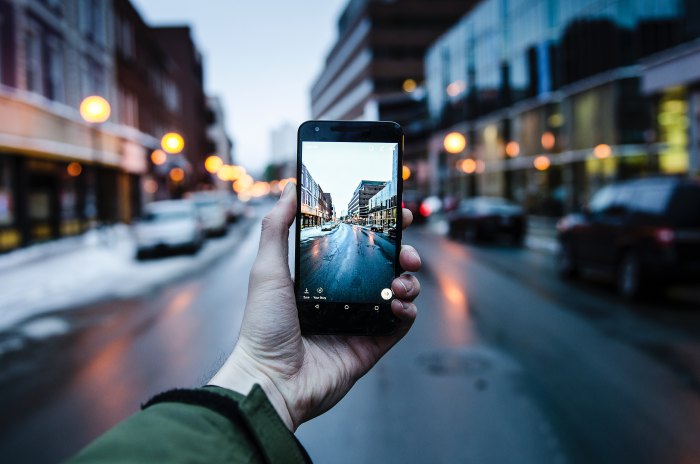
Photo by Zach Meaney on Unsplash
Part 2: A Summary Post from Tony Reinke’s book, “12 Ways Your phone is Changing You”
The twelves ways Reinke shares that our phones are changing us are…
Take-aways:
- We all wear “costumes” to meet the approval of certain subcultures because our search for individuality is always a chase for conformity (110)
- What we think others think of us profoundly shapes our sense of identity and our search for belonging (110)
- No matter how fiercely independent we are, we never find our identity without ourselves (112). “God didn’t created you as an end in yourself. He is the end; you are the means…” John Piper (114)
- Online interaction “with a device prevents and is preferable to risky, energy-consuming interactions with strangers” Giles Slade (123)
- The smartphone is causing a social reversal: the desire to be alone in public and never alone in seclusion (124)
- Isolation + feeding on vanity = soul-starving loneliness. Isolation + communion with God = soul-feeding solitude (128)
- Anonymity is where sin flourishes, and anonymity is the most pervasive lie of the digital age (134)
- Digital pornography is catastrophic to our souls, not only because it degrades its users, but also because it exposes the invisible curiosities, idols, and desires of our hearts. Thus, we come to see what God has seen all along (137)
- It is better to enter heaven having decided to never use the Internet again, rather than going to hell clicking on everything you desire – Sinclair Ferguson (137)
- We suffer from neomania: an addiction to anything new within the last five minutes (148)
- In all of the “noise” the Internet brings, Christians must become skilled in identifying and cherishing wisdom (150)
- F.O.M.O. → the “fear of missing out” is a real thing and it’s perhaps one of the strongest lures of the smartphone (156)
- “The easiest work in the world is to find fault” Charles Spurgeon. The digital age makes this discipline all-too-easy and serves as a catalyst to not loving people well (168-169)
- We use our phones to multitask our emotions. In the age of the smartphone, we are both trying to escape emotion and trying to “plug the need for contact with the drug of perpetual attention” – Olivia Lang (179)
- Honest question: are you entitled to spend hours upon hours every month browsing odd curiosities? (180)
Lastly, “in an act of courageous self-criticism” Reinke gives three questions to ask yourself concerning the use of smartphones:
Share this:
- More






